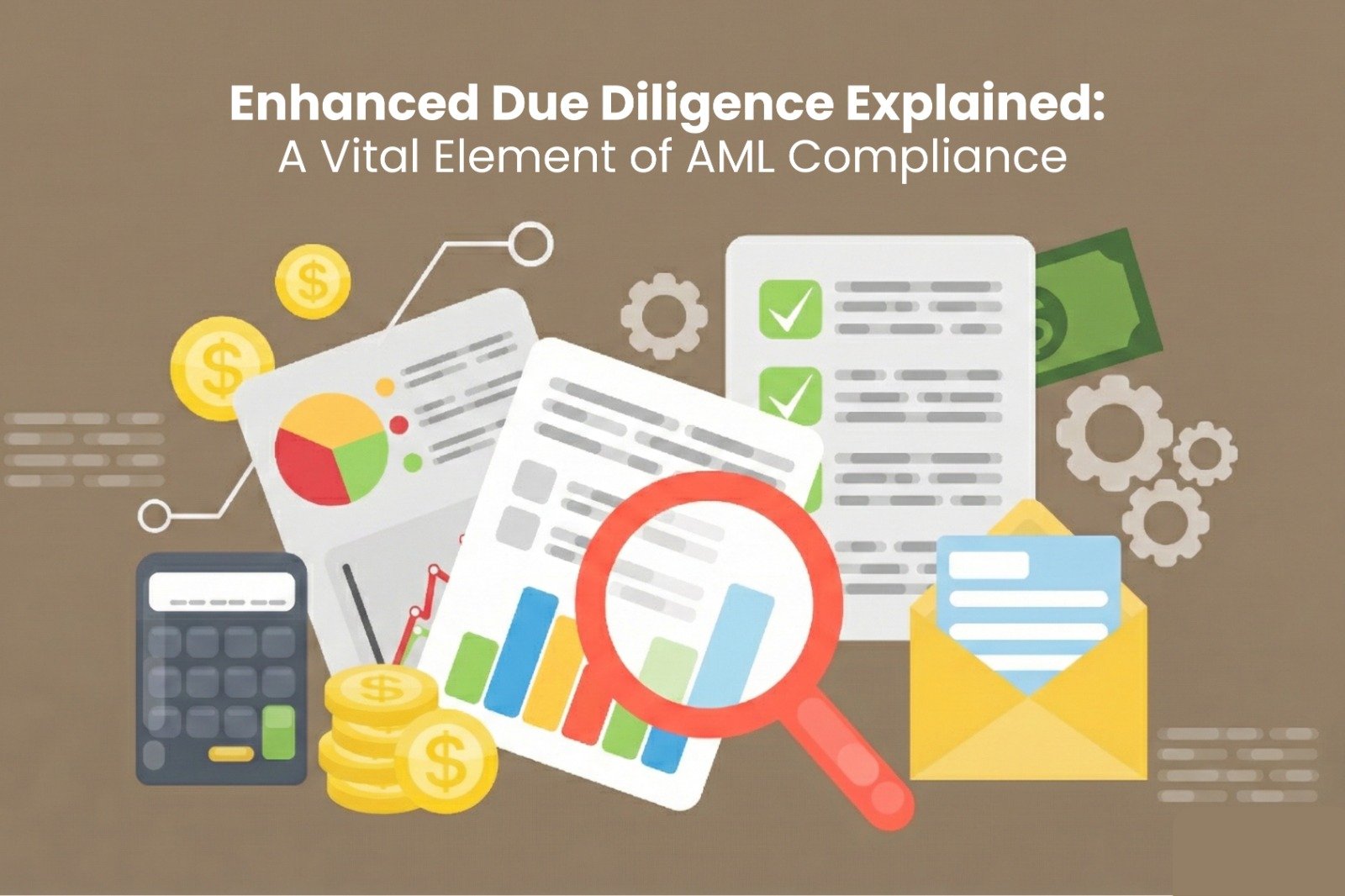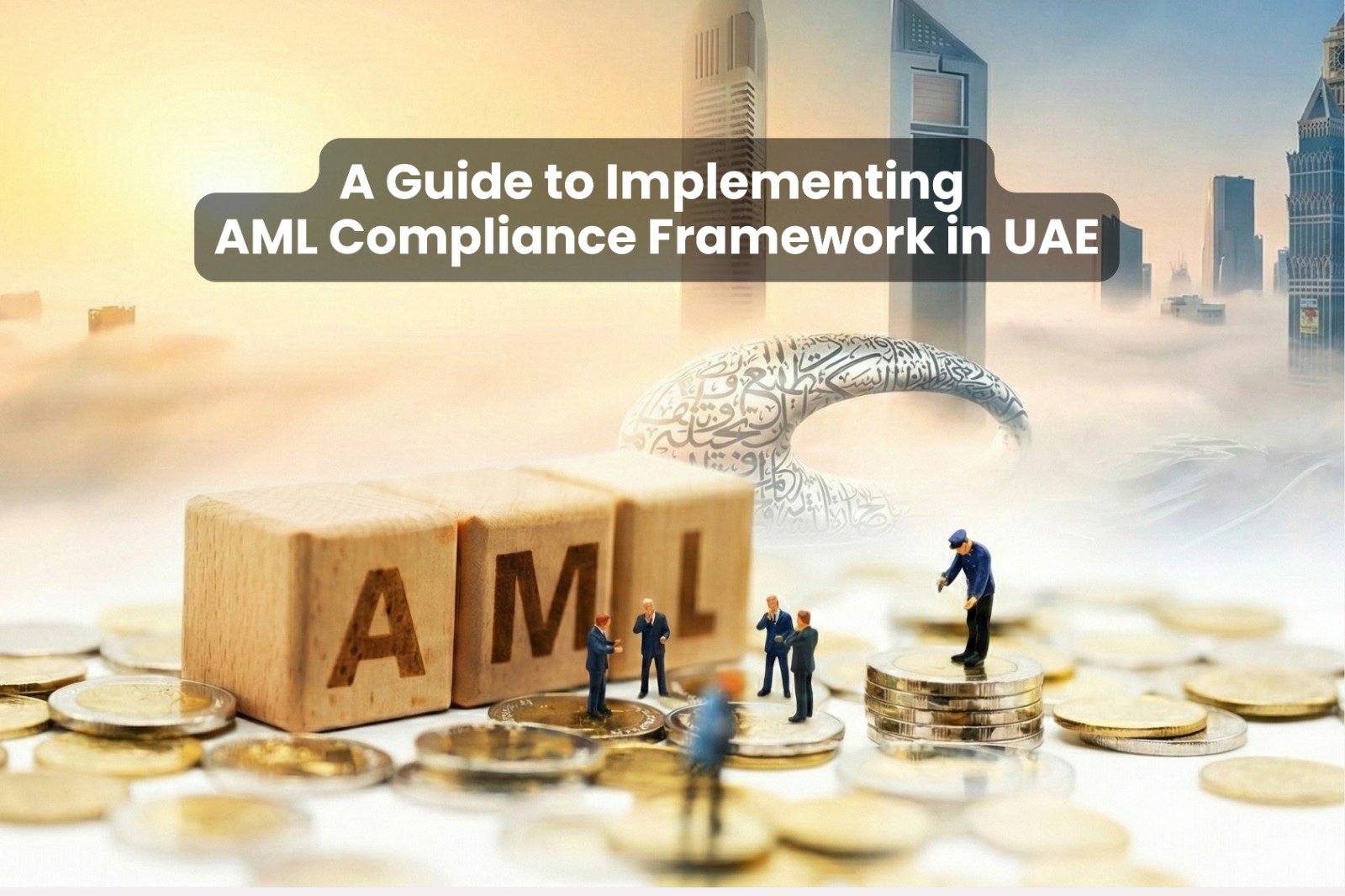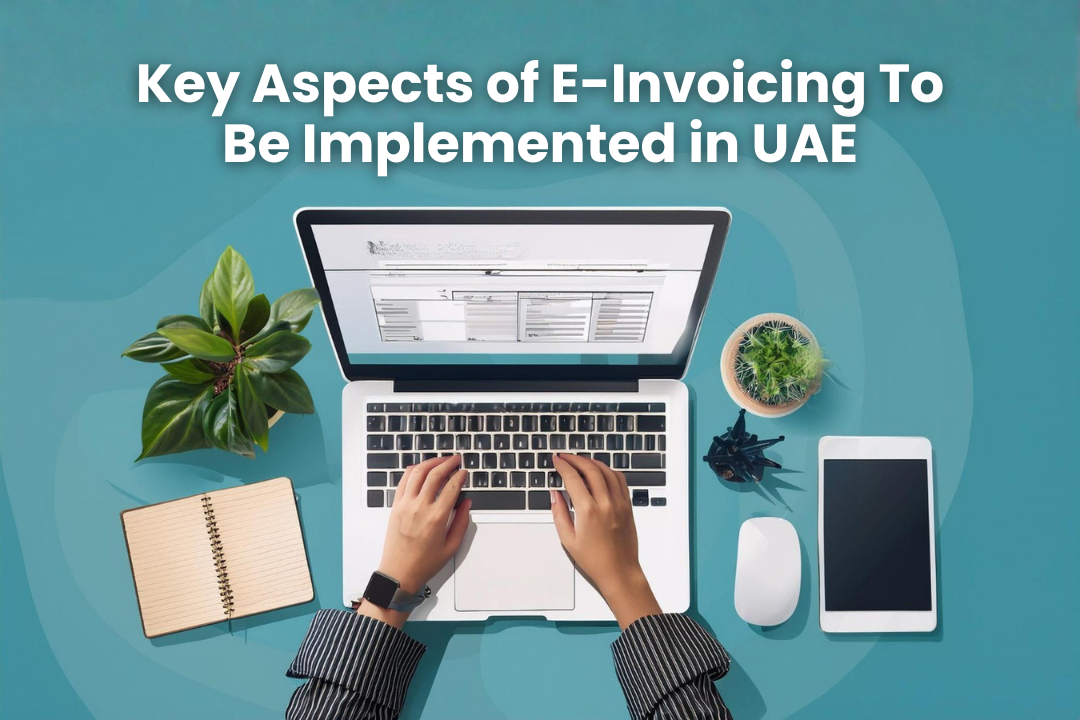The introduction of UAE Corporate Tax is one of the most significant changes in the country’s business environment, especially for free zone companies that have long enjoyed tax exemptions. While the UAE continues to position itself as a global hub for trade and investment, free zone businesses must now carefully understand the new corporate tax regime to ensure compliance and maximize available benefits.
The UAE designed its corporate tax framework to maintain competitiveness, attract foreign investment, and align with international tax standards. Free zone businesses must understand how the new rules apply, the conditions to retain exemptions, and the requirements for corporate tax registration and corporate tax return filing in UAE.
In this blog, we’ll break down what free zone businesses need to know about Corporate Tax in UAE, including key provisions, compliance obligations, and steps to prepare.
Applicability of UAE Corporate Tax to Free Zone Businesses
Free zones have historically been seen as tax-free jurisdictions, but under the UAE Corporate Tax framework, the picture is evolving. While free zone companies can still benefit from preferential tax rates or exemptions, these benefits are subject to strict conditions such as:
- Earning Qualifying Income as defined by UAE tax regulations.
- Maintaining adequate substance within the free zone.
- Ensuring compliance with transfer pricing rules and proper documentation.
- Filing annual corporate tax returns within the prescribed deadlines.
- Register for Corporate Tax within the prescribed deadlines.
Failure to meet these requirements could result in the loss of free zone tax incentives, making it crucial for businesses to stay compliant.
Corporate Tax Registration in UAE for Free Zone Businesses
All free zone entities are required to complete corporate tax registration in UAE, regardless of whether they qualify for exemptions. Registration ensures that businesses are recognized under the tax system and allows them to file returns accurately. Timely registration is mandatory, and delays could lead to penalties.
Free zone businesses should also consider professional assistance to ensure their registration process aligns with the Federal Tax Authority (FTA) requirements.
Filing Corporate Tax Returns in UAE – Free Zone Requirements
Even if exempt from taxation, free zone businesses must still complete corporate tax return filing in UAE annually. This obligation is crucial to demonstrate compliance and transparency. The filing process involves:
- Declaring taxable or exempt income.
- Submitting audited financial statements (where applicable).
- Ensuring all transfer pricing documentation is in place.
Accurate filing not only avoids penalties but also safeguards free zone businesses from losing their exemptions under the Corporate Tax in UAE framework.
Key Considerations for Free Zone Businesses:
Free zone businesses should keep the following in mind under the new UAE Corporate Tax regime:
- Understand Qualifying Income Rules – Only certain types of income may remain exempt.
- Maintain Substance – Adequate economic substance is critical to retaining free zone benefits.
- Comply with International Standards – Transfer pricing and anti-avoidance measures are strictly enforced.
- Plan Ahead – Strategic corporate tax planning can help businesses maximize exemptions and minimize liabilities.
Conclusion
The implementation of UAE Corporate Tax marks a transformative shift for free zone businesses. While the UAE continues to provide a favorable business environment, compliance with registration, filing, and qualifying income rules is now non-negotiable. Free zone companies must act proactively to understand their obligations and preserve their tax benefits.For expert guidance on corporate tax in UAE, Dubai, or Abu Dhabi, including corporate tax registration in UAE and corporate tax return filing in UAE, trust Auditac International Consultancy, your reliable partner in ensuring compliance and optimizing tax strategies.












